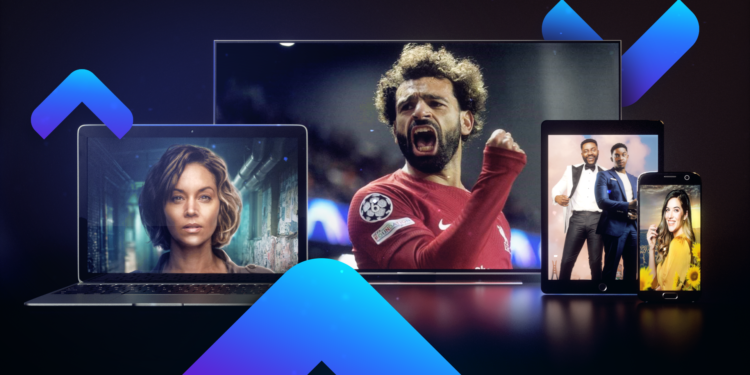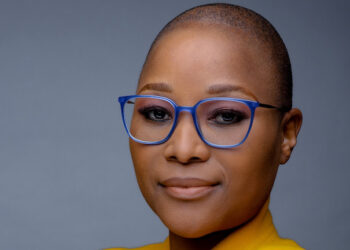The stats are out there for you to read – podcasts are a serious media choice, and I’m not going to belabour the point. Other people are doing that work.
We get the theatre of the mind, the one-on-one connection, the niche audiences.
Been there, got the T-shirt.
I’ve been spending a lot of time with the podcast community lately, and for these reasons above, they all want the advertising and marketing community to take podcasts seriously and make them all rich. Okay, maybe that’s just me.
But what are we willing to do other than create amazing audio?
Brand safety is the big buzzword in international podcast circles. By design, the most popular podcasts – the ones advertisers would want to be on – can also be the most problematic podcasts for those same advertisers.
And when you’re buying programmatically and selecting an audience rather than content type, you don’t want your family-friendly ad to end up in a podcast hosted by a Covid-denying, UFO-chasing meathead.
I love Joe Rogan, by the way.
Our market is slightly different, but the brand safety point remains – how are you creating a podcast that fulfils the requirements advertisers need you to do, so they can do the thing you want them to do – spend money on your hobby.
Play by the rules
There is no podcast code of conduct or jurisdiction of the BCCSA over podcasts (not to my knowledge anyway, and I’d love to be corrected), but there are other bodies or codes of conduct applicable to SA that online content creators need to adhere to.
Have you looked at these? Are you aware of your limitations and the ramifications of misinformation or negligent conduct? If you’re not, brands need you to be.
This is not about censorship, but the wild west of the past few years where podcasters could say what they wanted without repercussion are thankfully coming to an end.
Just because controversial podcasts are popular, it does not mean that only controversial podcasts can be popular.
Also, check the terms and conditions of your hosting platform; you may be in contravention of them with some of your content.
Just because you can say the F-word doesn’t mean you should. And I speak for myself; I say it like Smurfs say Smurf.
Pushing paper
The big bugbear and constant question.
Like it or not, brands have procurement processes. They have audits; they need paper trails, and that’s before we even get into the ROI question.
Most podcasters are using platforms that give them standardised data, and I don’t believe anyone is cooking the books, but have your data and insights on hand.
Do you have a metric that shows success on your podcast? Are you using attribution tools? Do you have lead forms or ways of showing the ROI?
Take a second to think about what an advertiser actually needs from your podcast.
Shock. Horror. They may not love your content as much as you do, but they do love your audience.
Don’t be a d**k
And this is more important than anything else. People want to work with cool people who are easy to work with. This wins over anything. Be cool, check your ego at the door, and you’ll go a long way to winning over a brand or advertiser.
Ask what your podcast is about – it’s not about your take on a soccer player’s hair style. Your podcast isn’t about fly-fishing. (Why do we always revert to the fly-fishing example?)
What is it ABOUT?!?! What are your values, how do they align with a brand? How does that connect with people?
At the stage of evolution South African podcasting is in you are essentially selling yourself. Our audiences and their responses are too inconsistent to be as useful as they will become.
Be honest
Follow the rules. Podcasting has moved on from the brash, self-aggrandising era.
I found a LinkedIn post from Gian B. Franco saying that old podcasting was about building your own profile, engaging in self-indulgent chat; it was shallow and speculative and a way to stroke your own ego.
New podcasting is thought provoking and challenging, inspiring and amplifies the voices of others. New podcasting is empowering and about communities.
It’s easy to see which iteration brands will prefer.
Paulo Dias is the head of audio innovation at independent radio and audio advertising specialist agency, Ultimate Media.














